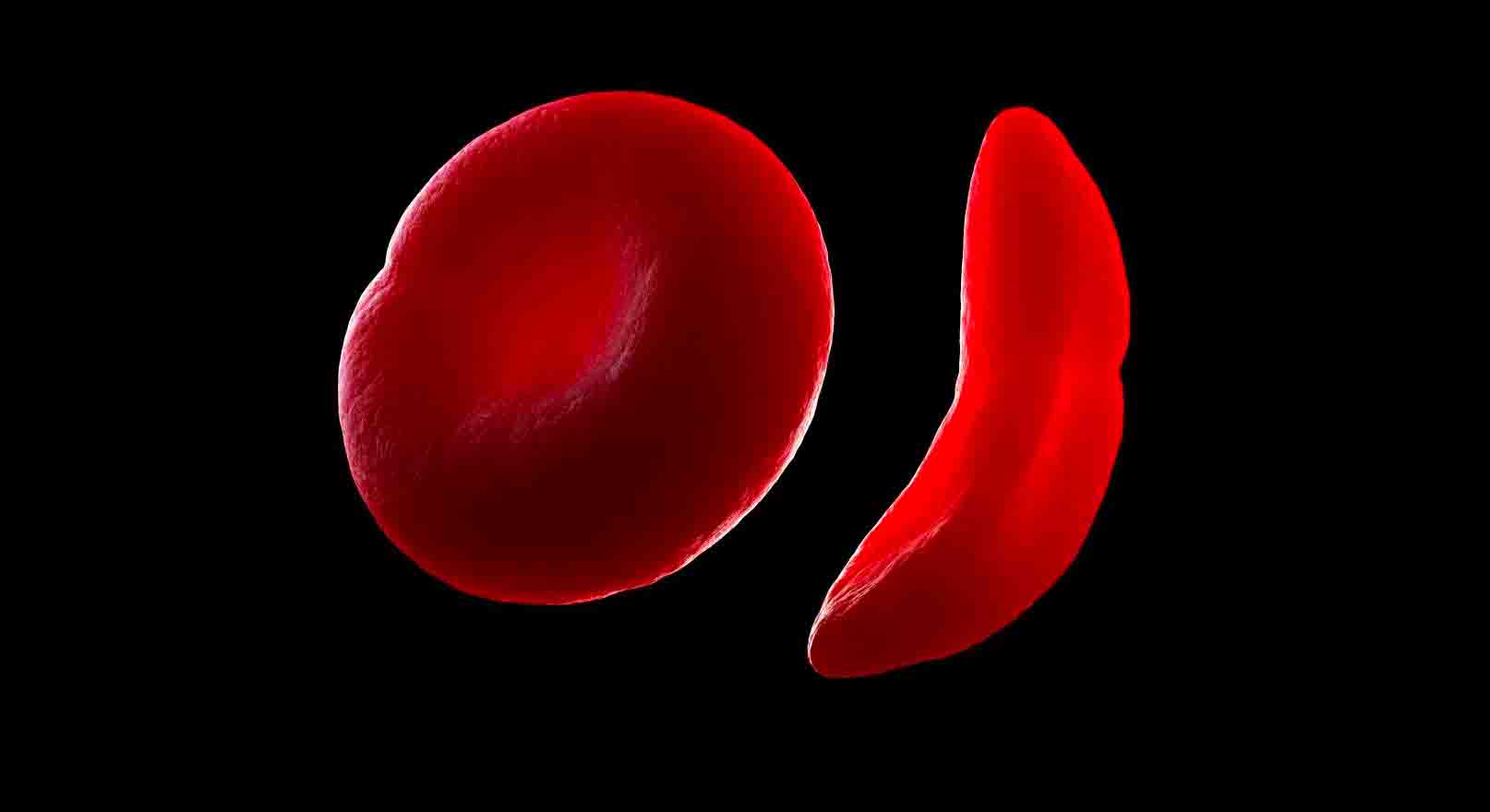NAFDAC To Sanction Traders Using Carbide To Ripen Fruits
The National Agency for Food and Drug Administration and Control (NAFDAC) has warned fruit sellers against using calcium carbide to ripen fruits for commercial reasons.
Prof. Mojisola Adeyeye, Director-General NAFDAC made this known on Tuesday in a statement in Abuja, saying carbide to ripen fruits is extremely hazardous to human health.












